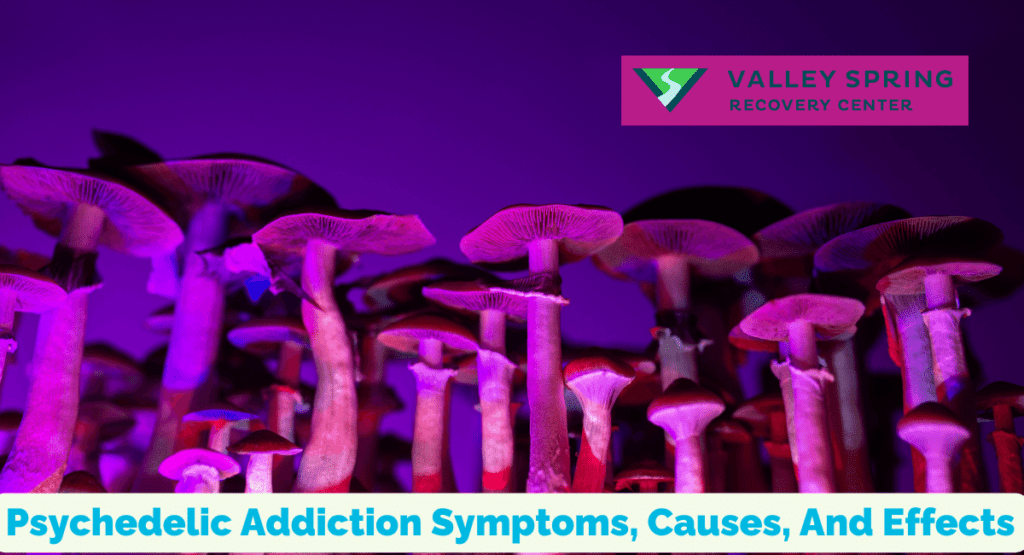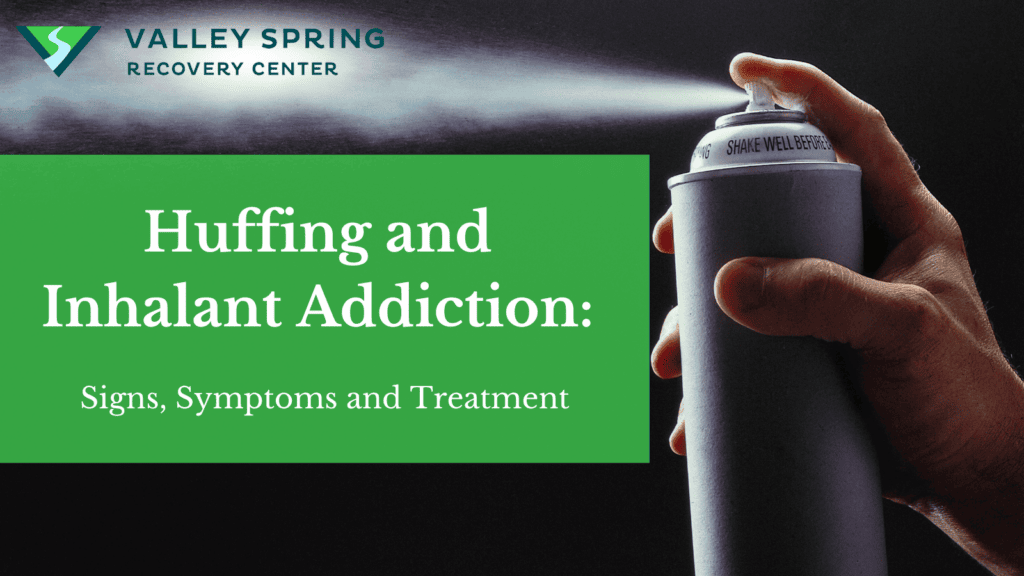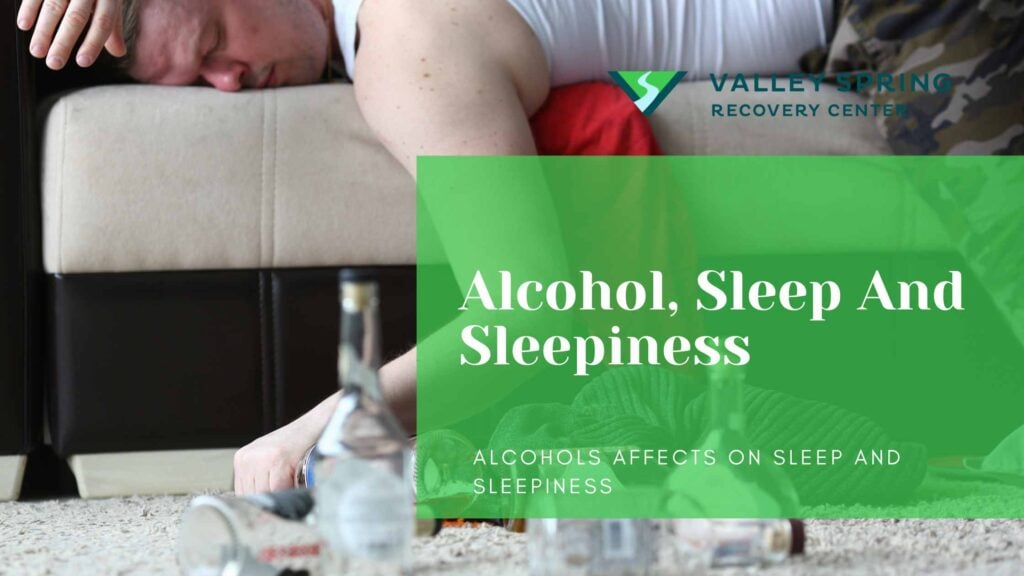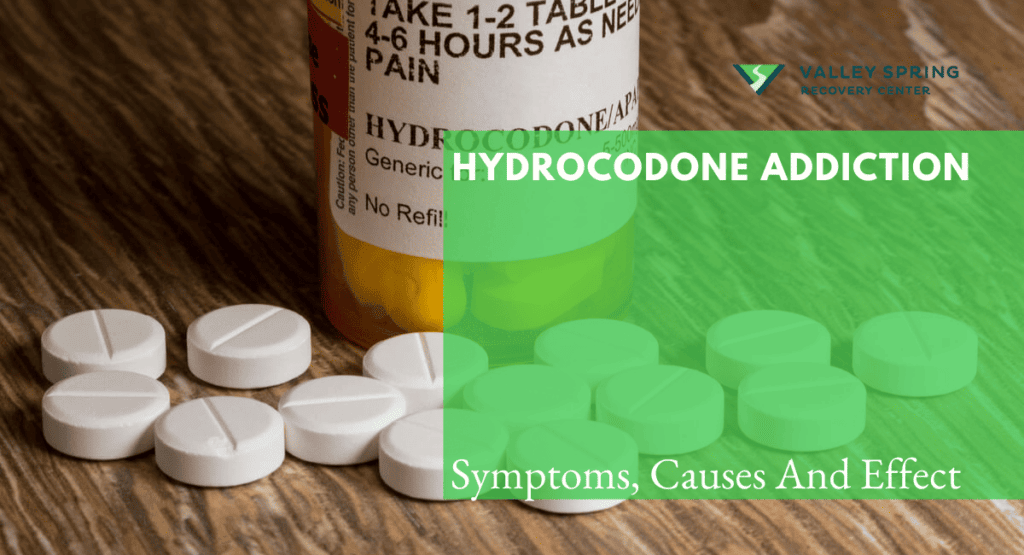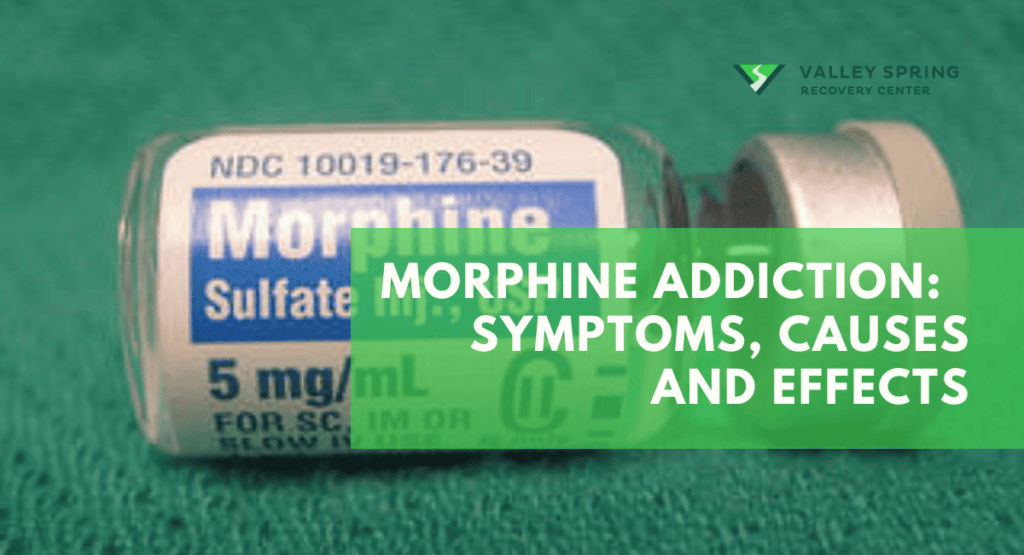Psychedelics are powerful drugs that alter perception, mood, and multiple cognitive processes and sometimes cause hallucinations. The formal name for psychedelics is serotonergic hallucinogens and they have powerful psychoactive properties. Psychedelic addiction is a less common form of addiction compared to other substances but even without full physical addiction or dependence, using psychedelics frequently can result in adverse results and also mental dependence.
The symptoms of psychedelic addiction can include increased tolerance, cravings, loss of control, neglecting responsibilities, withdrawal symptoms, and continued use despite consequences. These symptoms are uncontrollable, and it’s only with special, intensive care from a professional that you can reach full recovery and get your life back.
The causes of psychedelic addiction can range from biological factors to psychological factors and environmental factors, like peer pressure, availability, and social acceptance. Frequent use of the substance may also lead to tolerance and dependence.
The effects of psychedelic addiction include potential risks to physical health and mental health, like increased risk of anxiety, depression, and psychosis, especially if you’re vulnerable. You may also experience social and relationship problems as well as legal Issues. (Harm Reduction Journal).
What is Psychedelic Addiction?
Psychedelic addiction, also termed hallucinogen use disorder, involves a persistent, problematic pattern of using mind-altering substances despite adverse outcomes. Psychedelics are substances that change how you perceive the world, think, and feel, often inducing vivid sensory experiences and hallucinations. While these drugs don’t typically cause physical withdrawal symptoms, they can still lead to negative effects.
The altered states can drive repetitive use, heightened cravings, and increasing tolerance to the drug, among other detrimental experiences. Though less prevalent than dependencies like alcohol or opioid addiction, psychedelic addiction can still adversely affect your quality of life.
What are the signs and symptoms of psychedelic addiction?
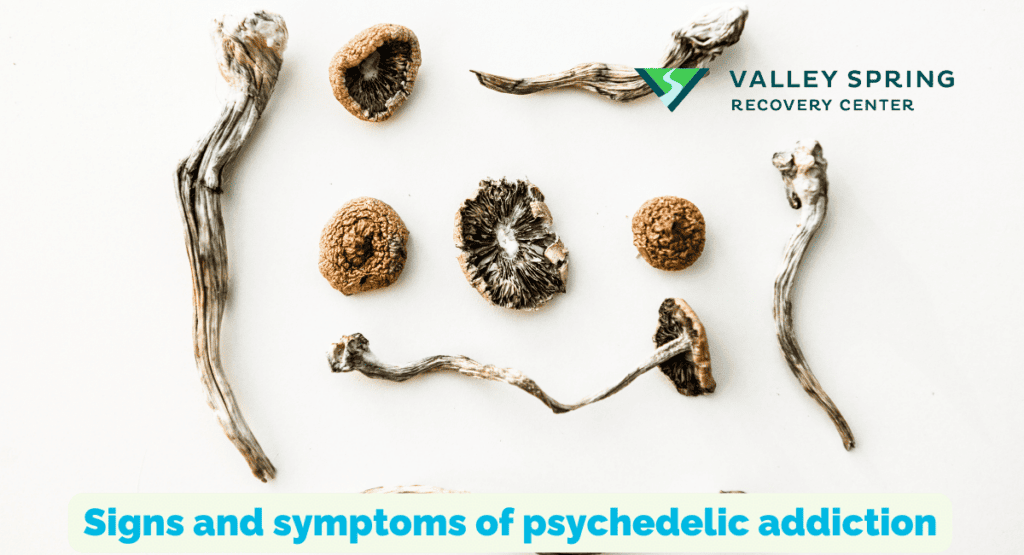
Signs and symptoms of psychedelic addiction, also known as hallucinogen use disorder, can vary from person to person. You may not experience all these symptoms while going through the addiction. However, if you believe you may be abusing psychedelics, some symptoms you should look out for include the following:
- Compulsive Use: You may find yourself using psychedelics more frequently or in larger quantities than you originally intended. You probably have tried several times to stop using the substance to no avail.
- Cravings: Persistent and intense cravings for psychedelic substances, leading to a strong desire to use them.
- Tolerance: Over time, you may develop a tolerance, requiring higher doses to achieve the desired effects, which can increase the risk of overdose (OD). Although a psychedelic OD may not be as fatal as other substances, it remains a serious concern.
- Withdrawal Symptoms: When you’re not using psychedelics, you may experience withdrawal symptoms like anxiety, depression, irritability, mood swings, and physical discomfort.
- Loss of Control: A feeling of being unable to control or reduce drug use, even when recognizing its negative impact on health, relationships, or daily life.
- Neglecting Responsibilities: Focusing on obtaining and using psychedelics to the detriment of other important responsibilities such as work, school, family, or financial obligations.
- Continued Use Despite Consequences: Despite experiencing negative consequences, individuals may persist in using psychedelics, such as legal issues, damaged relationships, or deteriorating physical and mental health.
- Social Isolation: Withdrawal from social activities or avoidance of friends and family who do not use psychedelics.
- Loss of Interest: A decline in interest in hobbies and activities that were once enjoyable or fulfilling.
- Secrecy: Keeping drug use a secret from loved ones and engaging in deceptive behaviors to hide the addiction.
What makes psychedelics addictive and How do they affect the brain?
Psychedelics, such as LSD, magic mushrooms (psilocybin), or DMT, are generally considered to have a lower potential for addiction compared to substances like opioids or stimulants. They can still be habit-forming for some users. The addictive potential of psychedelics can be influenced by several factors, including how they affect the brain:
- Dopaminergic System: Unlike substances like opioids and stimulants, which directly target the brain’s reward pathways and flood them with dopamine, psychedelics generally do not cause a direct surge in dopamine.
This is one reason why they are considered less addictive. However, some people may develop a psychological dependence on the unique experiences and altered states of consciousness induced by psychedelics.
- Psychological Factors: Psychedelics can produce profound changes in perception, emotions, and thoughts. Some individuals may find these experiences so compelling that they develop a strong desire to repeat them. This psychological attachment can contribute to continued use and, in some cases, addiction.
- Tolerance and Cross-Tolerance:
With regular use of psychedelics, individuals can develop tolerance, meaning they need higher doses to achieve the same effects.
Psychedelics also exhibit cross-tolerance, where using one type of psychedelic may temporarily reduce the effects of others. This can discourage excessive use, as individuals may need to wait between doses for the full effects to return.
- Limited Physical Withdrawal Symptoms: Unlike opioids or alcohol, which can lead to severe physical withdrawal symptoms, discontinuing psychedelics typically does not result in physically distressing withdrawal. Users may experience psychological symptoms like anxiety, depression, or cravings when they stop using.
- Individual Variability: The susceptibility to addiction varies among individuals. Some people may be more prone to developing a dependence on psychedelics due to their unique brain chemistry, genetics, or psychological factors.
Side note: While the risk of physical addiction to psychedelics is relatively low, they can have serious mental health consequences, especially if you have a predisposition to psychiatric disorders. Additionally, using psychedelics inappropriately or excessively can lead to dangerous situations and adverse outcomes.
What Are The Contributing Factors To Psychadelic Drug Misuse?
The causes of psychedelic addiction, also known as hallucinogen use disorder, can be complex and multifaceted. It’s important to note that not everyone who uses psychedelics will develop an addiction, and the risk factors for addiction can vary among individuals. Some of the potential causes and contributing factors to psychedelic addiction include:
- Biological Factors (Genetics): There may be a genetic predisposition to addiction, which can make some individuals more vulnerable to developing substance use disorders, including psychedelic addiction.
- Psychological Factors:
- Underlying Mental Health Issues: People with preexisting mental health conditions, such as depression, anxiety disorders, or borderline personality disorder, may use psychedelics as a form of self-medication. Over time, this can lead to addiction.
- Escapism: Some individuals use psychedelics to escape from emotional or psychological pain, leading to a pattern of compulsive use.
- Environmental Factors:
- Peer Pressure: Social circles that encourage or normalize psychedelic use can influence an individual’s choices and contribute to addiction.
- Availability: Easy access to psychedelic substances can increase the likelihood of regular use and addiction.
- Stress and Trauma: High levels of stress, trauma, or adverse life events can make individuals more susceptible to using psychedelics as a coping mechanism, potentially leading to addiction.
- Frequency of Use: Regular and frequent use of psychedelics can increase the risk of developing tolerance and dependence.
- Sensory and Cognitive Effects: The profound sensory and cognitive effects of psychedelics can be enticing, leading some individuals to repeatedly seek out these experiences.
- Spiritual or Philosophical Reasons: Some people use psychedelics for spiritual or philosophical exploration, and they may continue using them in pursuit of transcendent or enlightening experiences.
What are the effects of psychedelic addiction?
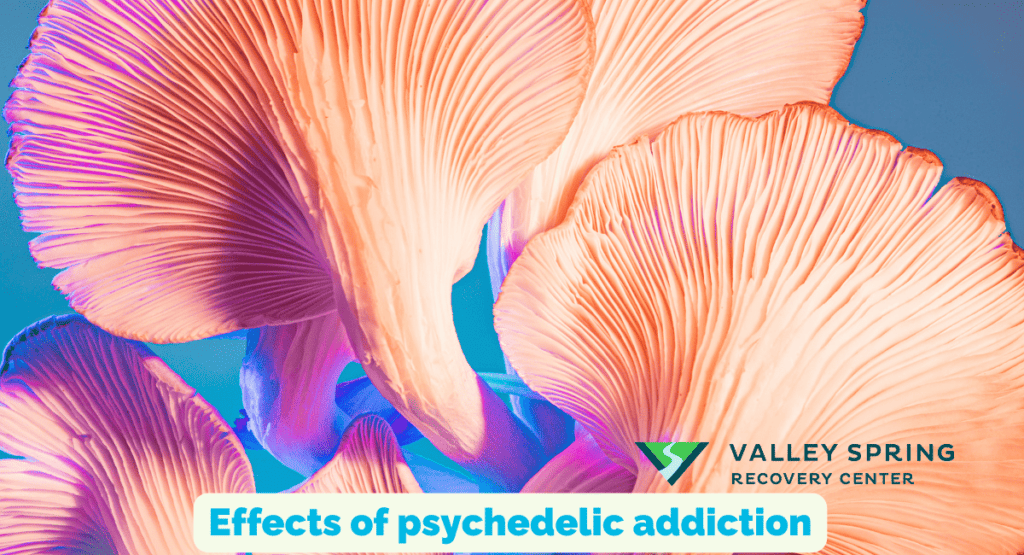
The effects of psychedelic addiction can have a significant impact on your physical, mental, and social well-being. Addiction can also affect the lives of those around you, requiring an investment of time, money, and emotions. Below are some potential effects of psychedelic addiction:
- Physical Health Effects:
- Accidents and Injuries: Impaired judgment and altered perception while under the influence of psychedelics can lead to accidents and injuries.
- Risky Behaviors: Individuals addicted to psychedelics may engage in risky behaviors while using, such as driving or operating machinery, which can result in harm to themselves or others.
- Mental Health Effects:
- Increased Anxiety and Paranoia: Frequent use of psychedelics can lead to heightened anxiety, paranoia, and feelings of dread, both during and between episodes of use.
- Mood Disorders: Some individuals may experience mood disturbances, such as depression or mood swings, as a result of their addiction.
- Hallucinogen Persisting Perception Disorder (HPPD): HPPD is a rare condition where individuals continue to experience hallucinations or perceptual disturbances even when not using the drug, which can be distressing and disruptive to daily life.
- Psychosis: In vulnerable individuals, persistent use of psychedelics can trigger psychotic episodes characterized by a loss of touch with reality.
- Social and Relationship Effects:
- Isolation: Individuals addicted to psychedelics may isolate themselves from friends and family who do not support their drug use.
- Strained Relationships: Addiction can strain relationships with loved ones, as it often involves neglect of responsibilities and deceitful behavior.
- Legal Consequences: Possession and use of psychedelics are illegal in many places, and individuals can face legal repercussions, including arrests and criminal charges.
- Financial Consequences: The cost of acquiring psychedelics, especially if use becomes frequent, can lead to financial strain.
- Loss of Opportunities: Neglecting work, education, or personal goals can result in missed opportunities for personal and professional growth.
Seeking professional help and support is crucial for those struggling with psychedelic addiction to address both the addiction and any underlying issues contributing to it.
Spring Valley Recovery Is Only One Phonecall Away
What are the Treatment Options for Psychedelic Addiction?
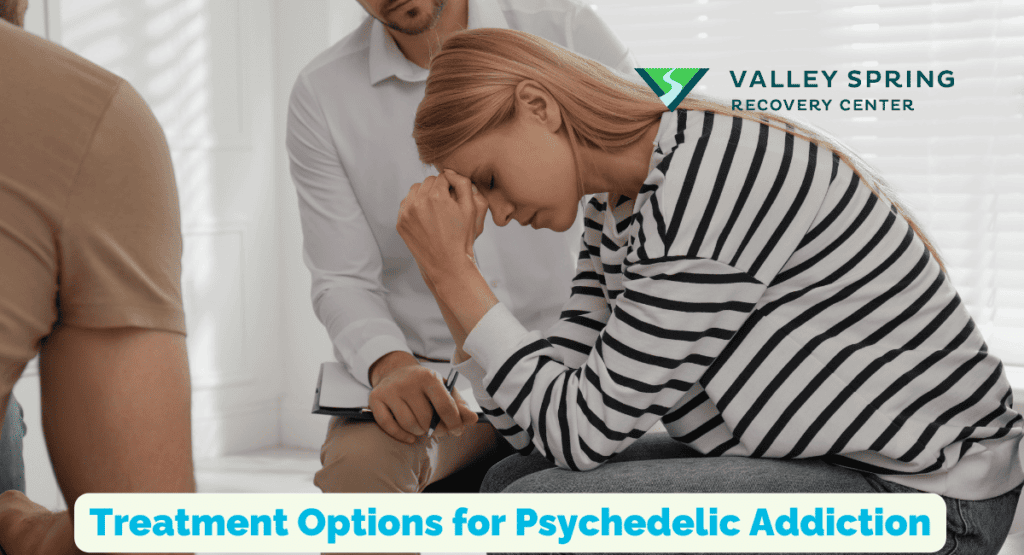
Psychedelics are not physically addictive and do not require the management of withdrawal symptoms, so the medical care provided in residential rehab may not be necessary for abusers of this drug. Outpatient treatment is a more commonly prescribed therapeutic intervention for psychedelic addiction. Here are some common treatment approaches:
- Cognitive-Behavioral Therapy (CBT): CBT helps individuals identify and change the thought patterns and behaviors that contribute to their substance use. It can be effective in addressing cravings and managing triggers.
- Motivational Enhancement Therapy (MET): MET focuses on enhancing an individual’s motivation to change their substance use behaviors. It helps individuals explore their reasons for change and set achievable goals.
- Contingency Management (CM): CM provides incentives for individuals to remain abstinent from substances. Positive reinforcement is used to encourage sobriety and adherence to treatment.
- Individual Counseling: One-on-one counseling sessions with a trained therapist or counselor can provide a safe space to explore the root causes of addiction, develop coping strategies, and set recovery goals.
- Group Therapy: Group therapy sessions bring together individuals who are struggling with addiction. Sharing experiences and receiving support from peers can be an essential part of the recovery process.
- Family Therapy: Involving family members in therapy can help improve communication, rebuild trust, and address family dynamics that may contribute to addiction.
- Holistic and Alternative Therapies: Some individuals find benefit in complementary therapies such as mindfulness meditation, yoga, acupuncture, or art therapy as part of their recovery.
- Support Groups: Participation in support groups like Narcotics Anonymous (NA) or SMART Recovery can provide ongoing encouragement and a sense of community for individuals in recovery.
- Outpatient Treatment: Outpatient programs allow individuals to receive treatment while living at home and attending therapy sessions and support groups regularly.
- Aftercare Planning: Developing a comprehensive aftercare plan is crucial. This includes strategies to prevent relapse, ongoing therapy or counseling, and support networks to maintain recovery.
What withdrawal symptoms are associated with psychedelic addiction?
Withdrawal symptoms associated with psychedelic addiction are generally on existent in the physical sense when compared to alcohol, opiates, or methamphetamines, however, mental, emotional and behavioral effects may occur after continued use of psychedelics.
Some of the potential withdrawal symptoms associated with psychedelic addiction may include:
- Cravings: You may experience strong cravings or a persistent desire to use psychedelics, particularly if you have a habit of frequent use.
- Mood Disturbances: Withdrawal from psychedelics can lead to mood swings, which may include episodes of irritability, sadness, or anxiety.
- Depression: Some individuals may experience feelings of depression during withdrawal, including low energy, loss of interest in activities, and a sense of hopelessness.
- Anxiety: Anxiety symptoms, such as restlessness, nervousness, or tension, can be common during withdrawal.
- Difficulty Concentrating: A foggy or distracted state of mind can make it challenging to concentrate or focus on tasks.
- Sleep Disturbances: Sleep patterns may be disrupted, with individuals experiencing difficulty falling asleep or staying asleep.
- Hallucinogen Persisting Perception Disorder (HPPD): Although not typical of withdrawal, some individuals may continue to experience visual disturbances, flashbacks, or perceptual abnormalities even after discontinuing psychedelic use. This condition is known as HPPD and can be distressing.
What are the different types of psychedelic Drugs?
- LSD (Lysergic Acid Diethylamide): One of the most well-known psychedelics, it produces vivid hallucinations and deep emotional experiences.
- Psilocybin/Psilocin: Found in “magic mushrooms,” this substance also causes hallucinations and altered perceptions.
- DMT (Dimethyltryptamine): A powerful psychedelic found in certain plants and animals, often consumed as ayahuasca in a ritualistic setting.
- Mescaline: Found in peyote and San Pedro cacti, it’s known for its spiritual and introspective experiences.
- Ketamine: Originally an anesthetic, it produces a trance-like state and feelings of disconnection from reality.
- PCP (Phencyclidine): Known for its unpredictable effects, it can induce feelings of detachment as well as hallucinations.
- DXM (Dextromethorphan): Found in some over-the-counter cough medicines, it has dissociative properties when taken in high doses.
- MDMA (Ecstasy): Known for inducing feelings of love, empathy, and closeness to others.
- MDA: Similar to MDMA but with more psychedelic effects.
- Salvia Divinorum: A plant that induces intense and brief psychedelic experiences.
- Ibogaine: Derived from the African iboga plant, it’s often used for addiction treatment.
- Ayahuasca: A powerful substance derived from the CAPI plant that causes powerful hallucinations and has been used in ceremonies from many years in the amazon rain forrest.
- 2C-B: A synthetic psychedelic that has both psychedelic and empathogenic effects.
- 4-AcO-DMT: A synthetic compound that is similar to psilocybin.
- NBOMes: A class of synthetic psychedelics that are similar to LSD but with higher toxicity.
Classic Psychedelics
Dissociative Psychedelics
Empathogens or Entactogens
Other Psychedelics
Research Chemicals
Are Psychedelic Drugs Legal?
Most psychedelic drugs are illegal and not approved for use by the FDA. However, some drugs have been found to be useful for treatment like ketamine which are now used in treatment protocols. Other psychedelic drugs like ayahuasca are illegal but are used for religious reasons and fall into a grey area. Psychedelic drugs are becoming more accessible to Americans through a patchwork of state legislative reforms. (JAMA psychiatry)
What do you see when you take psychedelic drugs?
When a person says they are “tripping,” it means they are experiencing the effects of hallucinogens or psychedelic drugs. It’s referred to as tripping because when you take psychedelics you perception is altered, creating visions and effects that are not a normal part of reality. Some individuals believe that the psychedelic drug is expanding their minds and allowing them to see a new part of the world and explore their inner selves.
Are psychedelic drugs dangerous or should they be embraced?
Public opinion about psychedelic drugs is often divided into two camps: those who see them as a gateway to unparalleled insight and therapeutic benefits, and those who view them as dangerous substances to be avoided at all costs. To understand this complex issue, it’s essential to delve into the scientific, social, and therapeutic contexts in which these drugs operate.
Timothy Leary, a renowned Harvard scientist, was a pivotal figure in the advocacy for the therapeutic uses of psychedelic substances like LSD. Leary stated, “The challenge of the psychedelic chemicals is not just how to control them, but how to use them.” His viewpoint emphasizes the need to harness the potential benefits of these substances rather than dismissing them outright.
Therapeutic Advantages: Many researchers echo Leary’s sentiments, indicating that psychedelics could be useful in treating a range of mental health conditions, from depression and PTSD to anxiety and addiction. Clinical trials have shown promising results, but more research is needed to establish standardized treatment protocols.
The Risks of Psychedelic drugs: Incorrect dosages, lack of proper setting, and pre-existing mental health conditions can turn a potentially enlightening experience into a harmful one.
Sources
https://www.goodrx.com/conditions/substance-use-disorder/hallucinogen-use-disorder
https://harmreductionjournal.biomedcentral.com/articles/10.1186/s12954-021-00489-1
https://en.m.wikipedia.org/wiki/Psychedelic_drug
Siegel, Joshua S et al. “Psychedelic Drug Legislative Reform and Legalization in the US.” JAMA psychiatry vol. 80,1 (2023): 77-83. doi:10.1001/jamapsychiatry.2022.4101
Dr. Michael Olla
All author postsShare This Post

